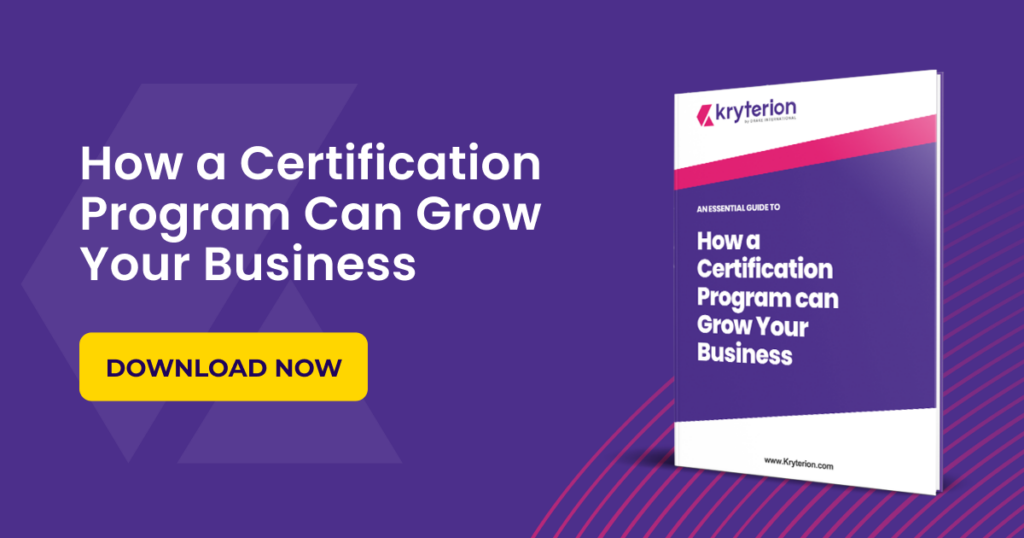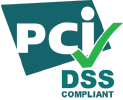If you’re a test candidate, new research in cognition may radically change the way you think about preparing for your next exam. Read on to discover how the results of recent studies are challenging conventional wisdom on learning, memory, retention and test performance.
ABOUT THE AUTHOR:

Many are unaware that after his success in the hit Hollywood movie, Big, co-starring Tom Hanks, the widely traveled, mechanical Romanian seer, formerly known as Zoltar, never again found a truly satisfying role in Hollywood.
Rather than live marooned in the shadow of his own fame, Zoltar returned to school. After earning an advanced degree, he re-emerged as Dr. Z, an international skills-development consultant with a passion in career growth.
In this post, he shares the results of late-breaking research into learning, memory and testing for certification- and licensure-exam candidates. He also discusses techniques known to enhance the testing experience of candidates for Kryterion-delivered exams.
Thank you, Dr. Z…and we love those shades!
Back in my Hollywood days, I became famous for granting wishes—with unexpected consequences.
Today, I can report that when it comes to certification and licensure testing and preparation, you can grant your own wishes. And generate your own, wholly positive consequences. How you may ask?
My answer is simple: good planning and good science.
In recent years, research in the science of cognition has produced surprising insights. Efforts to identify best practices for learning, retention and testing have yielded some downright counterintuitive results.
It’s my privilege to share some these insights with you here. Your future self deserves the benefits that your current self can achieve with the aid of the best research available.
By the way, if you’d like a bibliography of the research studies that informed this post, just send your request to [email protected].
Let’s get started…
I’ve turned the latest and greatest research about learning and testing into 11 multiple-choice questions. This post contains the first four.
Just for fun, test your own best guesses about what it takes to succeed…perhaps on your next credentialing exam(!).
1. While studying for your certification exam, you uncover some challenging and unfamiliar material. Which technique is most likely to help you assimilate and apply the new material later?
- Re-study/review
- Practice tests
- Content visualization
- Highlighting and underlining
Correct response: B

Cognitive-science research advises studying less and pre-testing more. Studies comparing the benefit of “re-study” or passive review of the material to be learned versus practice tests show that the latter boost performance when it matters—on the real exam.
Practice tests enhance retention. If your test sponsor doesn’t offer any, create your own.
Per the research, “extremely robust” benefits result when the practice tests are followed by corrective feedback, specifically, identifying errors. In other words, test performance improves when practice tests identify incorrect answers and then give the correct ones.
Testing effects have been demonstrated across an impressive range of practice-test formats, kinds of material, learner ages, outcome measures and retention intervals.
2. Which study method delivers the best long-term retention of new material, according to researchers?
- One day of concentrated study
- Multiple, short study/review sessions spread out over time
- Peer group review and discussion
- Associating concepts/keywords with a favorite musical tune
Correct response: B
Hundreds of studies have confirmed this insight. Significant benefits from spaced repetition have been identified for all learners, regardless of aptitude.
Spaced repetition promotes efficient and effective learning. Multiple “short” study sessions involving repeated exposure to the material to be learned, over time, enhance long-term retention compared to long, single-session, in-depth learning sessions (i.e., cramming.)
3. You have three related areas to master. (Example: sales techniques, sales management and sales psychology). What’s the best way to tackle them for long-term retention?
- Master each one in quick succession
- Use a rotational study schedule
- Master one. Recuperate. Then master the next, etc.
- Master two areas and familiarize yourself with the third
Correct response: B

According to the research, rotate your focus. Long-term retention and the ability to make use of freshly integrated knowledge is significantly better when the study schedule rotates between distinct, but related topics, referred to as “interleaving.” Developing one skill at a time is known as “blocking.”
Blocking = A A A B B B C C C
Interleaving = A B C A B C A B C
One study showed that participants who used an interleaved math-study schedule over a three-month period achieved 16 percent higher exam scores than blocked participants on an unannounced exam just one day after a review session. Thirty days later, after a second unannounced exam, interleaved participants outscored blocked participants by 32 percentage points.
Another research project conducted with medical students demonstrated the utility of studying mixed categories for diagnostic skill development. After a single, two-hour study session, participants exposed to sequential examples (one category at a time) achieved 30% accuracy in a post-test. Participants exposed to mixed examples achieved 47% accuracy.
4. You’re taking a high-stakes, multiple-choice exam. But you’re having second thoughts about a few of your answers. What does research suggest you should do?
- Change the answer
- Stick with your initial response
- Review all of your answers in order, then decide.
- Review all answers in reverse, then decide.
Correct response: A
If your gut tells you a small percentage of your exam responses need reconsideration, go for it. But if you’re having second thoughts about many of your responses, chances are that your revised answers won’t improve your exam score.
Clearly, this only applies to high-stakes exams that permit review of previously answered questions. Some may not.
This insight derives from a study, published in 2019, of 27,830 physician licensure candidates. The researchers’ conclusion reflects outcomes from a large sample of professionally developed, high-stakes exams. When participants reselected answers, they were more likely to make changes that increased their scores, than not. Per the study, “examinees who are overly cautious about changing answers may put themselves at a disadvantage.”
Please stay tuned…
Dr. Z has more late-breaking insights to share from the world of cognitive-science research! If you’re about to take a test or know someone who will—maybe even a credentialing exam—be sure to come back next week for more tactical tips on boosting your (their) success!
And while you’re waiting…
Dr. Z brings timely, valuable—sometimes intriguing— insights about learning, retention and testing, especially for those with an exam in their future.
The corpus of scientific research not only impacts test candidates, it also has implications for the field of test development.
Should you have any questions about, or simply want to discuss, your own existing or future credentialing program(s), feel free to schedule a free, no-obligation call with one of friendly Kryterion psychometricians.
Just fill out our short form here to give us a bit of context, and we’ll follow up via email to arrange a convenenient call time. Talk soon!







